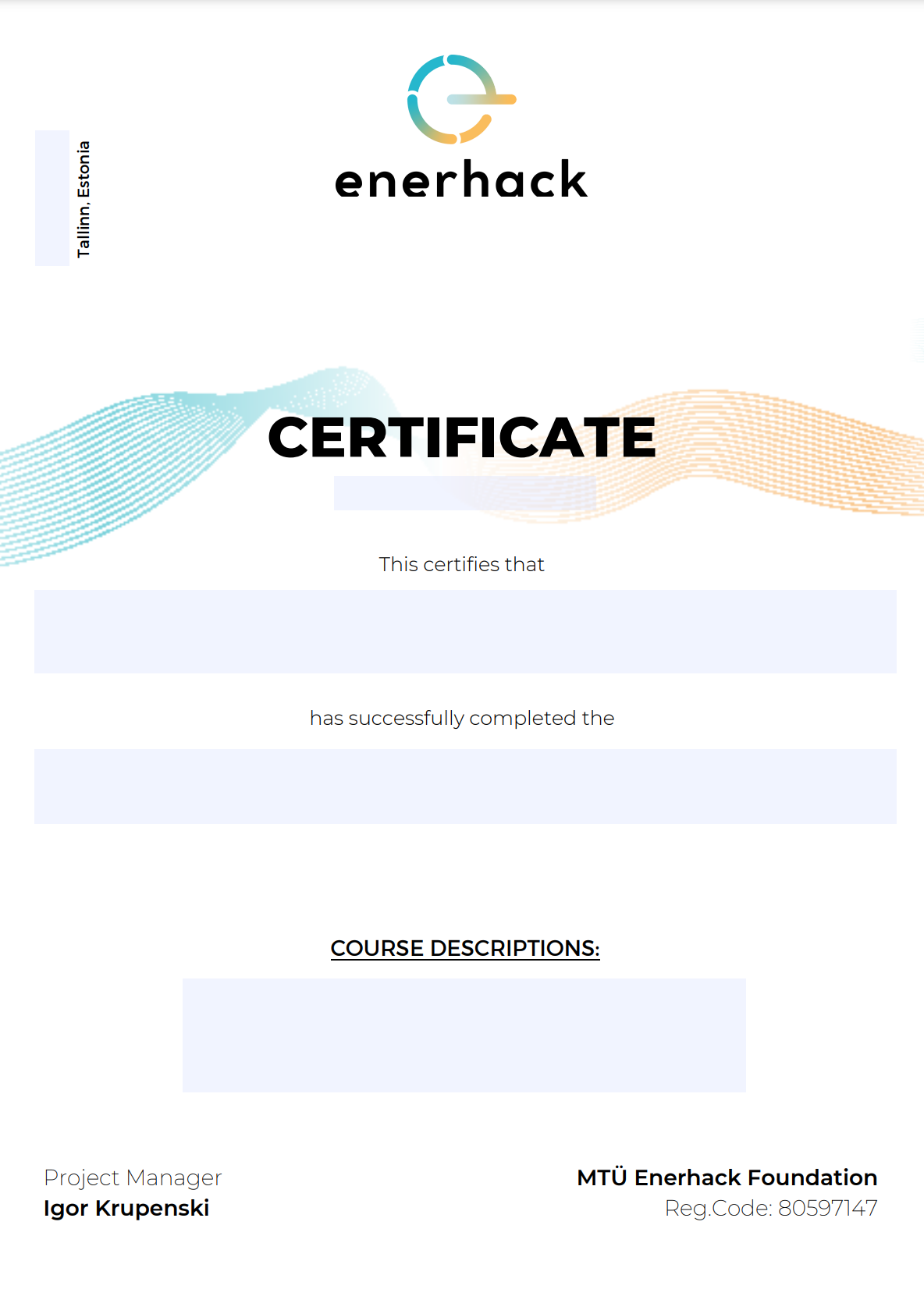DISTRICT HEATING HYDRAULICS
FORMAT
Online Course in Zoom
DURATION
4 Hours
DISCOUNT
Members of Euroheat & Power -10%
LECTURERS
Our course features highly experienced and knowledgeable lecturers who are experts in their respective fields. Each lecturer brings a wealth of practical experience, academic expertise, and a deep understanding of the subject matter to the classroom. They have a proven track record of delivering engaging and insightful instruction, ensuring that participants receive the highest quality education.
Jan Eric Thorsen
Nathan Pieters
Partner Success Manager focusing on heating questions at Hysopt (BE)
Neil Parry
Aleksandr Ledvanov
Engineer with 20 years of expertise in hydraulic simulations
Member of the Board at HEATCONSULT (EE)
Member of the Board at HEATCONSULT (EE)

-
CERTIFICATION INCLUDED
The certification included in this course is a testament to our commitment to delivering high-quality education and ensuring that participants possess a recognized and valuable credential. Our certification is meticulously designed to reflect the depth of knowledge and skills acquired throughout the course. It is widely respected and acknowledged within the industry, serving as a mark of distinction and a validation of the participant's expertise in the field of energy efficiency assessment. The certification not only demonstrates proficiency in key concepts and practices but also enhances professional credibility and career opportunities. With our rigorous assessment processes and stringent standards, participants can trust that the certification they earn carries substantial value and recognition in their pursuit of excellence.
COURSE PROGRAM
Lecture by Alesandr Ledvanov.
- Basics of hydraulic calculations;
- Purpose of the hydraulic calculations;
- Manual calculations vs computer aided calculations;
- Main topics that have to be considered in calculations;
- Hydraulic head graphs for system analysis.
Lecture by Jan Eric Thorsen.
- Domestic hot water system;
- Heating system;
- The flat station concept (the concept of decentralized/flat level substation);
- Thermal length of heat exchangers;
- Considerations for reducing the operational temperatures on building level;
- Examples of related ongoing demo projects.
Lecture by Nathan Pieters.
Lecture by Neil Parry.
- How do we make district energy efficient?
- The importance of approach temperatures
- Modbus connected terminal units
- Typical plant-room issues
- Best practice plant-room design: integrating multiple energy sources and energy source control
- Heat pump refrigerants – temperature regimes
- Integrating heat pumps
- Hybrid plant-rooms
- Thermal storage
- Integrating existing housing stock
- Best efficiency pump staging
- Sector coupling and waste heat utilisation


